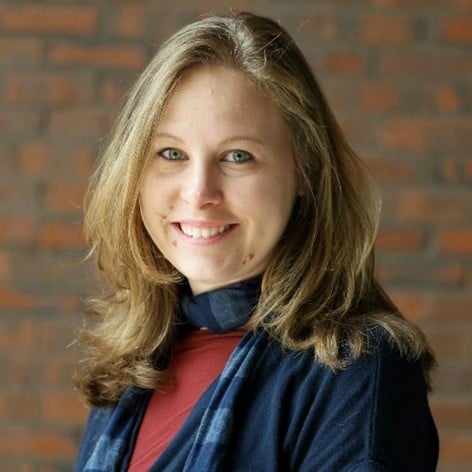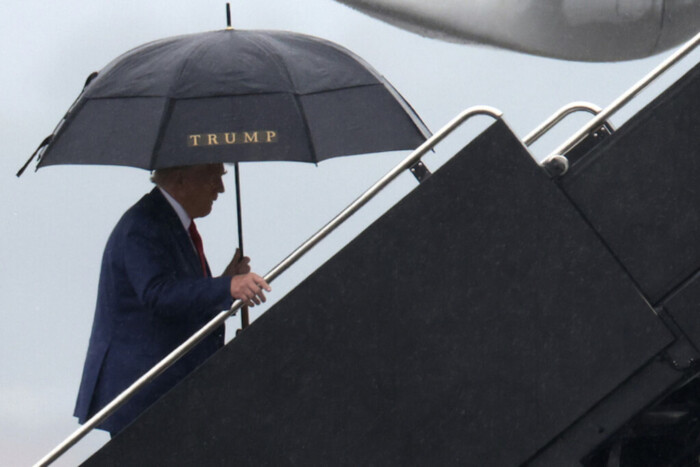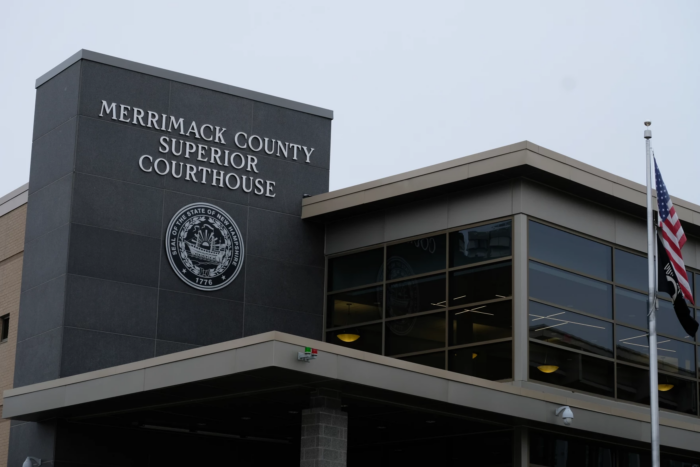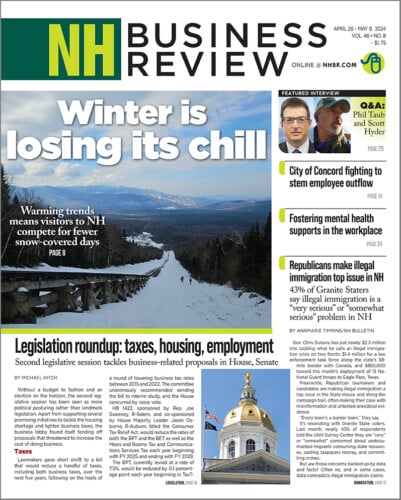New Hampshire’s first pilot jury trial to be held in Cheshire County in August
Goal is to balance the right to a speedy trial with safety of those in the courtroom

Tina Nadeau, chief justice of the Superior Court, spoke with reporters about the pilot jury trial scheduled for Aug. 24.
With the help of experts, the Cheshire County Superior Court in Keene is gearing up for the Granite State’s first-ever pilot jury trial since Governor Sununu’s stay-at-home orders went into effect over four months ago. The trial is scheduled for Aug. 24.
With close to 400 trials canceled since mid-March, according to Chief Justice of the Superior Court Tina Nadeau, targeting the oldest cases and those with incarcerated defendants will be a priority moving forward.
The case being tried in August, which Nadeau expects to be completed in one or two days, is part of the court’s pilot jury program, which has been in the planning stages since March.
At the start of the pandemic, according to Nadeau, the court was concerned with striking a balance between maintaining the right to a speedy jury trial and the safety of those entering the courtrooms.
“One idea was to have a virtual jury trial,” Nadeau said, adding that constitutional concerns and the potential for technical glitches became apparent very quickly. “Some of the concerns about this were ‘how does a virtual trial affect the right to cross-examine, and can the jury accurately examine the behavior of the witness while appearing virtually.’”
Nadeau said the upcoming trial “isn’t going to be perfect, but it is going to be constitutional. There may be challenges, and there should be, because lawyers do their jobs well and we will litigate any issues and decide whether there’s a better way to do things.”
Health experts
The pilot trial will happen in two phases, she said. Phase one will include jury selection on Aug. 19 and phase two will be the trial itself.
According to Nadeau, the court has been consulting with two experts in order to ensure the health and safety of all of those involved in the pilot jury trial.
Dr. Jonathan Ballard is the state’s chief medical officer at the New Hampshire Department of Health and Human Services and, Dr. Erin Bromage, associate professor at the University of Massachusetts, have “been incredible, and that’s what I want jurors to know,” Nadeau said.
“We’re consulting with medical experts and we’re not just throwing this together.”
Inside the courtroom, jurors will be required to wear masks and maintain six feet of distance from one another. This will be achieved, Nadeau said, by having only six jurors in the juror box, with three in front of the box while the remaining five, (which includes two alternates), will sit in the first two rows of the public gallery in designated places.
Lawyers will be required to maintain 10 feet of distance from jurors.
Witnesses will sit in a chair in the well of the courthouse in front of and to the right of the bench, and when attorneys present an exhibit they will be required to wash their hands before and after touching the exhibits.
One issue of concern that was brought to the attention of the pilot jury planning team was adequate air filtration for the courtroom.
“The best evidence we received was that 5 to 10 percent of spreading the virus comes from touching contaminated surfaces, 40% in close conversations without masks and 50% in closed buildings with pour ventilation,” Nadeau said, adding that Dr. Bromage’s expertise in immunology, as well as air ventilation and filtration in buildings, has been very helpful in terms of identifying the risks of returning to court.
“We’ve had our expert walk through this courthouse, and the county has been incredibly cooperative and appreciative of his advice. They’re going to make a few adjustments to the ventilation system in this courthouse so that it’s optimal,” she said.
Currently, the Cheshire County courthouse’s air exchange rate is about four times per hour, according to Nadeau.
“We’re going to make some adjustments so that it’s five times per hour,” she said, adding that this will satisfy the protocol.
Trial precautions
Another issue is air filtration. The recommended minimum efficiency reporting value, or MERV, rating is 13. The Cheshire County courthouse is currently rated at 8.
“We don’t have to revamp the whole system but we’re making some tweaks,” Nadeau said. “We know, as we roll this out to other counties, that not every courthouse has the same ventilation system. Even if it’s not optimal, as long as people are wearing masks and following all of the other protocols it’s still adequate. I feel very confident that we’re going to be able to keep everyone healthy and safe.”
One of the places that could be a challenge regarding ventilation, moving forward, according to Nadeau, is the courthouse in Sullivan County.
“The good thing is that the older buildings can open the windows, and there are studies that show we can reduce influenza just by doing this and providing a box fan in the windows,” she said. “I feel like I’ve become a pseudo expert in virology and that’s not what I expected when I went to law school. But that’s why it’s so important to be consulting with Dr. Bromage and Dr. Ballard. They’ve both been incredible, and that’s what I want jurors to know.”
Jurors will be screened with verbal questions regarding their recent health history, but their temperatures will not be taken, she said.
“Taking temperatures isn’t effective,” Nadeau said, adding that after consulting with Bromage and Ballard, there was concern about the risk of spreading the virus through thermometers.
“Bromage also advised that temperature scanning increases the risk of exposing court security officers to the coronavirus, and that the benefit of a positive screening is low because only 50% of Covid-19 positive people exhibit symptoms and 50% of them present with fever.”
One of the questions that Nadeau said has kept her up at night is what would happen should a juror test positive for Covid-19.
“According to Dr. Bromage and Dr. Ballard, if a juror becomes symptomatic during a trial this likely won’t be an issue because those jurors aren’t talking during the trial. They’re also sitting six feet apart not likely to have contaminated anyone else,” Nadeau explained, adding that any symptomatic juror would be excused from serving.
“Generally, we have learned that you don’t have to shut down the whole trial. We may have to. We’ll have to poll other jurors to make sure they’re comfortable enough going forward. What I’ve learned from our experts though is that it doesn’t mean the trial will automatically shut down.”
Further precautions to maintain health and safety include limiting the number of people allowed to leave the courtroom during breaks. This will be limited to the judge and the lawyers, according to Nadeau.
“The jury will remain socially distant in the courtroom, and if a juror needs to use a bathroom we’ve received advice on how to do this safely,” she said, explaining that bathrooms will be limited to one person at a time and that hand sanitizer will be provided in the bathrooms.
Jury selection
The actual selection of the jury will begin with a questionnaire and a summons explaining all of the safety precautions the court is taking. Jurors who wish to be excused for various reasons will be able to make their request. The remainder of potential jurors will receive a second questionnaire asking the questions a judge normally asks in court.
“The second questionnaire is not something we usually do,” Nadeau explained. “We will ask them to respond to the questionnaire, which will contain questions about Covid-19 and any health concerns they may have, as well as their willingness to wear a mask.”
At this stage, lawyers and judges will conference to agree on the group of people who come back to court.
“Our hope is that we have about 30 jurors that are qualified to come to court to be more thoroughly questioned,” Nadeau said. “This part of the process usually takes about a half hour to 45 minutes, but it will probably take us a full day. We will have 10 jurors come to court to be questioned every hour, and they’ll either wait in their car, or outside, to come and be questioned. From that group, we’ll come up with the 14 people, 12 jurors and two alternates.”
Nadeau said the plan is to identify cases in Hillsborough North, Strafford and Belknap counties for pilot jury trials in September and October.
“The great idea about a pilot is that we can run a jury trial safely and then figure out whether we need to make adjustments in different counties. And we’re focusing on what the science tells us. We’re looking at this every single day.”
This article is being shared by partners in The Granite State News Collaborative. For more information visit collaborativenh.org.







